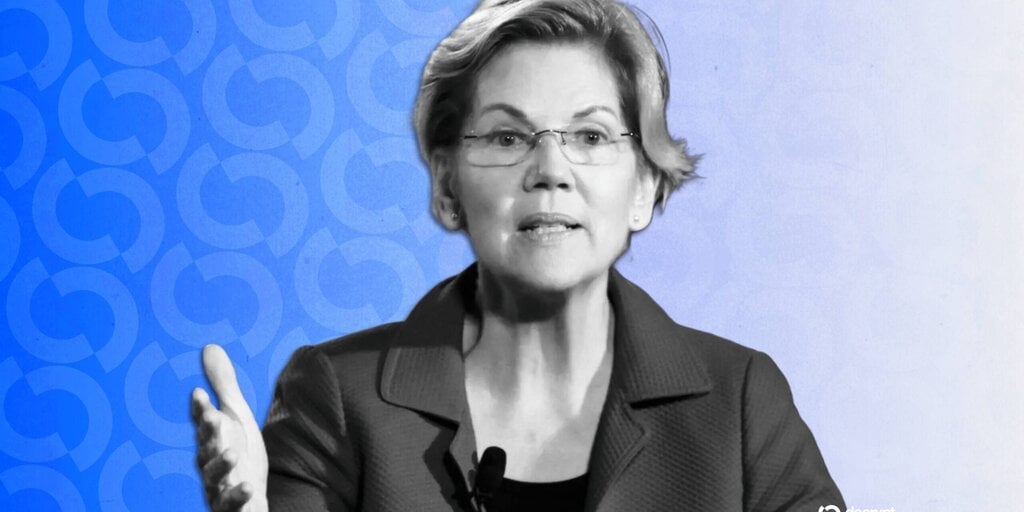Warren Criticizes Crypto Legislation, Warns Americans Will ‘Pay the Price’
Key Critique: Industry Influence and Unregulated Framework
Sen. Elizabeth Warren (D-MA) has forcefully criticized the recently enacted GENIUS Act (Government Evolution and New Infrastructure for Stablecoins and Users Act), arguing that rushed, industry-backed legislation will ultimately saddle the American people with financial costs.
While acknowledging the need for “strong crypto legislation,” Warren, speaking in a Vanity Fair interview, stated that passing “industry-designed bills” is a mistake and that significant flaws risk being overlooked when such bills “clearly write its own legislation.”
Replying to President Trump’s signing into law of the measure that establishes a generally applicable framework for stablecoins, Warren warned of a heavy price tag. “If we’re going to ratify a sweeping crypto regulatory framework, we need to get it right,” she said. “We’ve seen that movie before, when the industry writes its own legislation.”
Warren cited the Commodity Futures Modernization Act of 2000 (CFMA) as a historical parallel, suggesting it, too, enabled industries to operate with inadequate oversight. The CFMA, she noted, allowed the largely unregulated over-the-counter derivatives market to flourish, including instruments like credit default swaps which played a significant role in triggering the 2008 financial crisis.
“Putting the government to work for industries like this,” Warren declared, “just hands a big tax cut directly to the billionaire class.” She contrasted this approach with genuine financial protection, asserting that failing to regulate such industries properly leads a minority to amass wealth while others bear the economic burden.
Concerns Over Stablecoins
Beyond the legislative process’s integrity, Warren expressed specific concerns about the GENIUS Act’s focus on stablecoins. Professor Sergi Basco of the University of Barcelona, citing related concerns, explained that the Act creates “a presumption of safety” for stablecoins, leading users to assume all assets within a category are issued by similarly reputable firms. Furthermore, he argued the measure may not sufficiently regulate private stablecoin issuers to prevent “bank runs,” referencing the 2023 Silicon Valley Bank distress where demand deposits surged rapidly, overwhelming institutions.
Wider Implications
Warren’s stance aligns with her long-standing criticisms of the crypto industry and its perceived relationship with policymakers, particularly citing concerns previously raised regarding the use of stablecoins for tracking consumer purchases, exploiting personal data, and anti-competitive practices by billionaires in the sector. She recently reiterated this view.
Warren also voiced criticism concerning President Trump’s dismantling of the Justice Department’s crypto enforcement unit and alleged he directed the SEC “to back off on crypto enforcement.”











